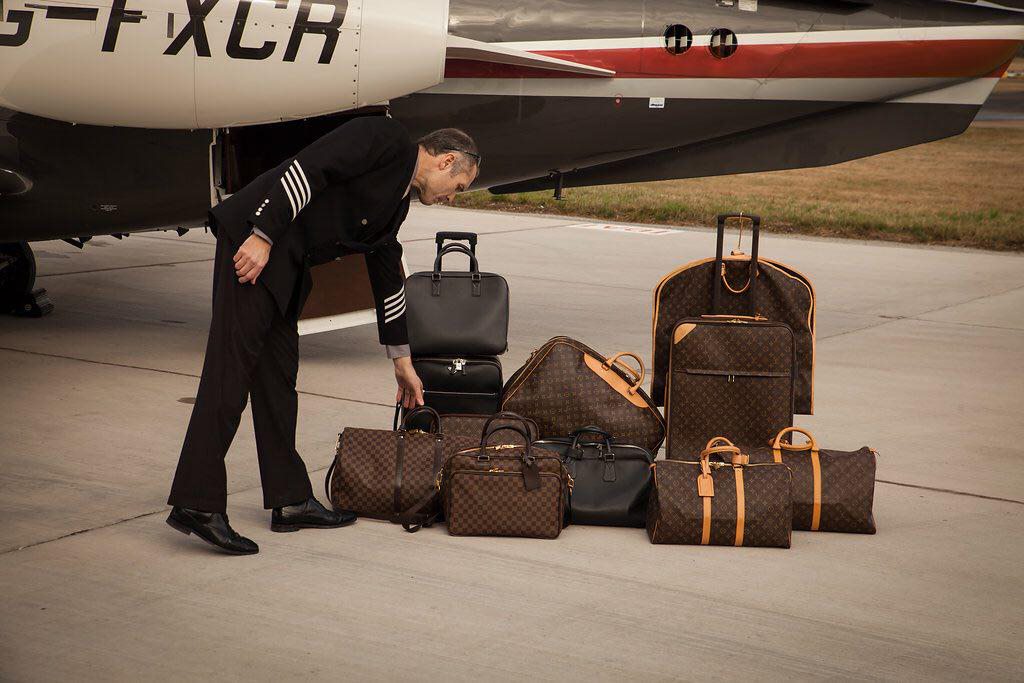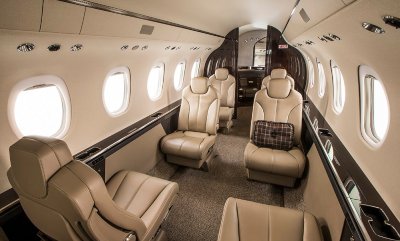Would you charter a pilotless aircraft?
Last month a Jetstream aircraft became the first “unmanned air vehicle” (UAV) to fly within UK airspace. With the USA military now training more ground based pilots than airborne flight crew, PrivateFly is asking our private jet customers:
Would you fly on a pilotless private jet?
The aircraft was a 16 seat twin turbo prop Jetstream, and flew a return flight from Warton in Lancashire, to Inverness in Scotland. The pilot remained on the ground, controlling the flight in combination with Air Traffic Control.
During this test two safety pilots were on board to control the aircraft for take-off and landing, although control is handed over to the ground pilot during the flight.
This 500 mile flight is the latest stage in a project by Astraea (Autonomous Systems Technology Related Airborne Evaluation and Assessment). Astraea has received government and corporate funding to test how unmanned flights could share air space with other aircraft.

In the USA driverless cars are predicted to be on the general market within 12 months. Google’s driverless car being tested on the streets, and 7 states have already legalised driverless cars. A recent survey revealed that 57% of respondents would trust a driverless car. So perhaps the public are ready for the arrival of pilotless flights?

How pilotless flights could affect the aviation industry
- Crew duty restrictions & longer flights
Currently scheduled and private jet flights are restricted by regulated crew duty hours and industry pilot shortages.
If unmanned aircraft could offer a safe alternative, at least for some flights, we could see longer flights, and less need for pilots across the aviation industry as a whole. - Cheaper Flights
It is likely pilotless flights would lead to cheaper flight prices in the scheduled airline industry and the private jet charter industry, as a significant percentage of a flight cost is made up of a pilot’s salary, qualifications and training. - Safer Flights
Pilotless flights could lead to safer aviation, removing the possibility of human error in the cockpit.
Safety & Service
However the key factor in the success (or failure) of pilotless aircraft is the public and passenger perception of unmanned flights.
- Customer Service
Within in the private jet charter industry, the pilot is the face of your charter flight. Your pilot meets you at the entrance to the airport, escorts you to your aircraft, loads your luggage, and remains your contact throughout the flight.
Private jet pilots can make decisions mid-flight depending on their passenger’s requirements.For example if a jet charter flight is flying from London to Nice in the South of France, but mid-flight Nice airport is closed due to weather conditions, a private jet pilot on board can make a decision to re-route and land at nearby Cannes Airport.
As a pilot myself I know that the role of the pilot goes far beyond simply being at the controls of the aircraft.

- Safety & Trust
Passengers would have to be confident in the on board technology to trust a completely unmanned flight. In the UK there is already controversy over the military’s use of drones in aviation, and the ethical, political and safety issues surrounding unmanned aircraft.
In reality pilotless aircraft would probably be used for military, cargo, agricultural and search and rescue missions; long before being used for passenger flights.
The aviation industry is heavily regulated for safety, and its likely that a pilot would be on board every flight – at least to provide back-up in the event of a technical issue.
Would you fly as a passenger on a pilotless aircraft?
Related content

How much luggage can I take on a private jet?

Our latest exclusive Jet Card event at Dom Pérignon Maison



